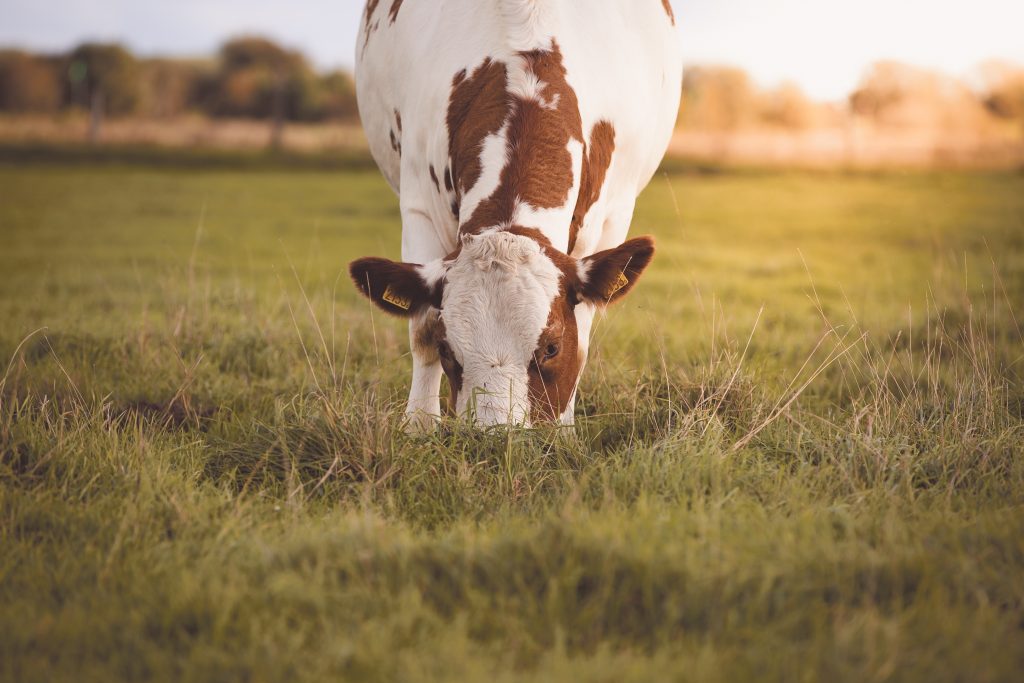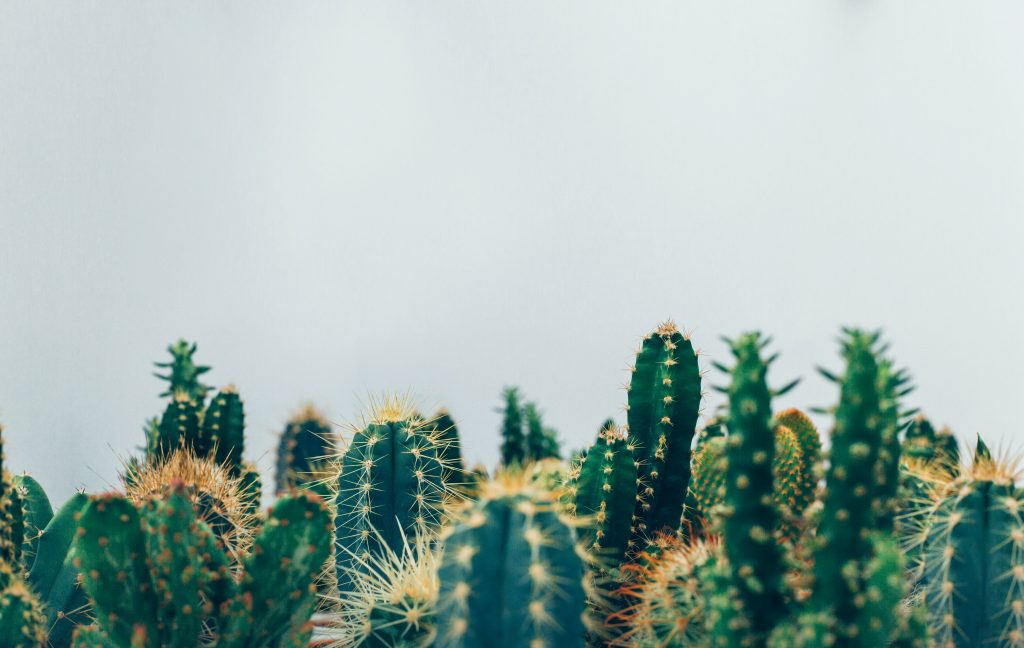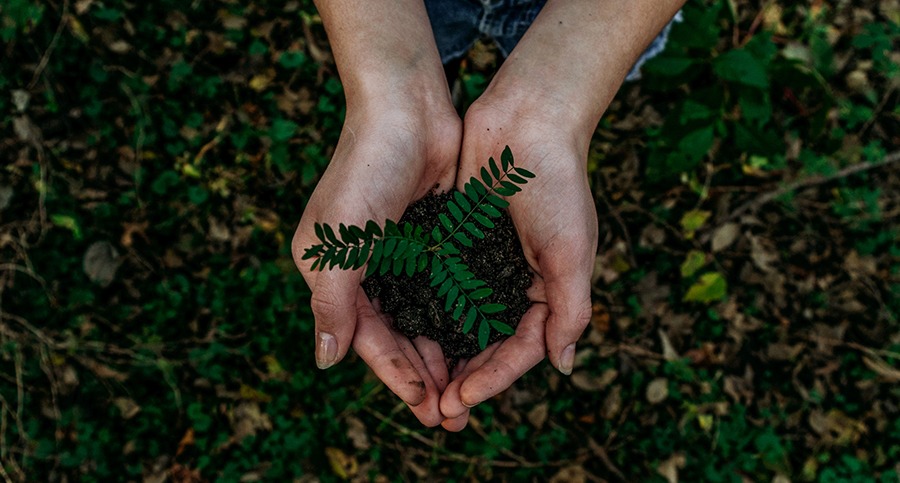The fashion industry is one of the highest contributors to air pollution, making up 10% of all carbon emissions (Wadia, 2020). Many apparel brands are trying to lessen their impact on the environment by using recycled textiles, implementing better agricultural techniques and finding alternative materials. One such sustainable practice has been performed by a brand called Desserto. The two Mexican founders, Adrián López Velarde and Marte Cázarez, are shaking up the fashion industry with their organic, all-natural and cruelty-free cactus leather (Desserto, 2020). Does it have the potential to turn over a new leaf for the leather industry and render it more sustainable?
THE PROBLEM WITH LEATHER
Leather is one of the world’s most traded products and is part of a booming $80 billion industry (Stewart, 2020). However, animal leather is very harmful to the environment. Firstly, to raise the livestock required to produce the leather demands enormous amounts of resources. Land, water and food resources are needed in abundance for just one cow (Stewart, 2020). Secondly, the need to slaughter the animal and treat its skin with tanning agents is a very toxic process. Chemicals, including formaldehyde and chromium, which are classified as human carcinogens, are typically used (Stewart, 2020). Because of this, leather products are not biodegradable. Thirdly, cows emit significant amounts of methane, a potent greenhouse gas, which contributes to global warming (Hirsh, 2020).

Vegan leather may seem like a good alternative, but it depends on the ingredients used. Most vegan leathers are made from plastic, either PVC polyvinyl chloride (PVC) or polyurethane (PU), in which both contain toxic chemicals (Hirsh, 2020). Items made from these plastics are not biodegradable and often end up in landfills. However, vegan leather is more environmentally-friendly than animal leather because it requires less resources to produce it. Thankfully, with the emergence of sustainably innovative brands, such as Desserto, new “greener” vegan leather can further reduce the fashion industry’s impact on the environment.
SO WHY CACTUS LEATHER?
Out of all the possible plant materials available to produce fake leather, cactus has some impressive qualities that make it perfect for this purpose. It is tough, resilient, and can adapt to extreme conditions and low-quality soils. (Desserto, 2020). With the current fluctuating climate and weather trends, this feature renders the cactus a reliable source material. They acquire most of their water by absorbing it from the atmosphere. The cactus plant only needs 200 L of water per 1 kg of plant matter, compared to the 1000 L required to grow 1 kg of other crops (Desserto, 2020). In addition to being fantastic at conserving water, cacti are natural carbon sinks, in which 14 acres of cacti can sequester up to 8100 tons of carbon dioxide per year (Desserto, 2020).
The cultivation process that Desserto uses on their farm is also very sustainable. They harvest the mature leaves without damaging the cactus itself, enabling a repeat harvest every 6-8 months (Wadia, 2020). The leaves are then cleaned, mashed and left in the sun to dry for three days prior to processing (Wadia, 2020). There is no additional energy that is used for this drying technique. Afterwards, the product is dyed with a natural formula. The farm does not apply any pesticides or herbicides, and their waste is sold to the food industry (Stewart, 2020).

FUTURE OF DESSERTO
Desserto’s aim is to create a durable, aesthetic and sustainable alternative to animal leather. Propelled into the market in July 2019, Desserto has gained quite a great deal of attention and success. Desserto aims to fill some of the demand for environmentally sustainable materials. So far, the company has created shoes, handbags and even car seats as samples (Stewart, 2020). However, rather than creating their own products, López Velarde and Cázarez plan to sell the fabric to other designers and fashion brands (Sophie Hirsh, 2020). They want to be able to offer this quality alternative leather to all businesses, big and small. Desserto has stated that they are working with potential suppliers who can make their materials available for everyone (Hirsh, 2020).
VEGAN LEATHER ON THE RISE
As the trade and demand for leather in the fashion industry grows, Adrián López Velarde and Marte Cázarez are bringing a much needed sustainable alternative to the traditional animal derived material. The cactus leather material is durable and of quality, making it suitable for multiple products and brands. In addition to being made from plants rather than plastic, all steps in making Desserto’s cactus leather run with minimal impact on the environment. At THRIVE, we value businesses, such as Desserto that focus and make it their mission to constantly improve upon green innovations, such as vegan leather. They have made a true sustainable alternative to animal leather that does not harm our planet and may provide inspiration for other sustainable entrepreneurs.
REFERENCES
Desserto (2020). About us. Retrieved from https://desserto.com.mx/home
Jessica Stewart (2020). Two Men Created “Leather” From Cactus to Save Animals and the Environment. Retrieved from https://mymodernmet.com/vegan-cactus-leather-desserto/
Nelly Wadia (2020). Cactus Leather—A New Sustainable Fabric You Need To Know About. Retrieved from https://www.missmalini.com/2020/07/11/cactus-leather-a-new-sustainable-fabric-you-need-to-know-about/
Sophie Hirsh (2020). Cactus Leather Is the Newest Eco-Friendly Fabric. Retrieved from https://www.greenmatters.com/p/vegan-cactus-leather-desserto























